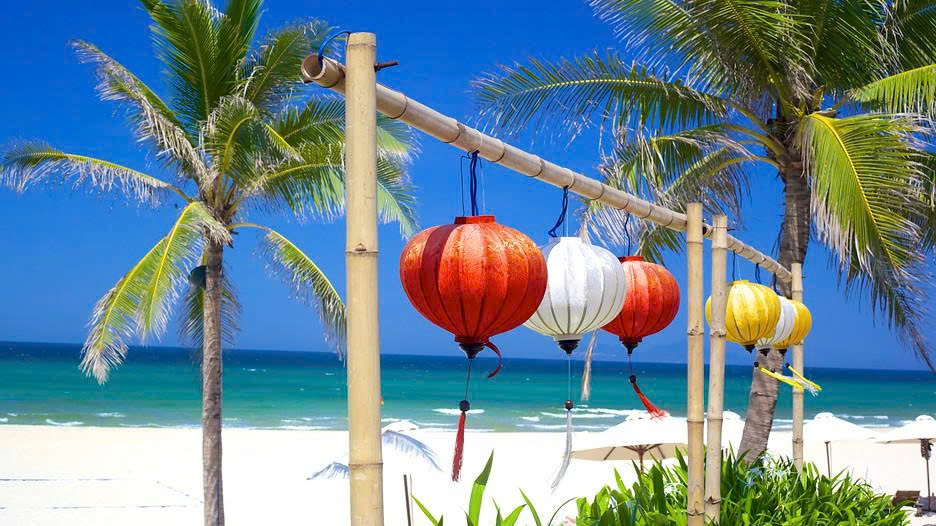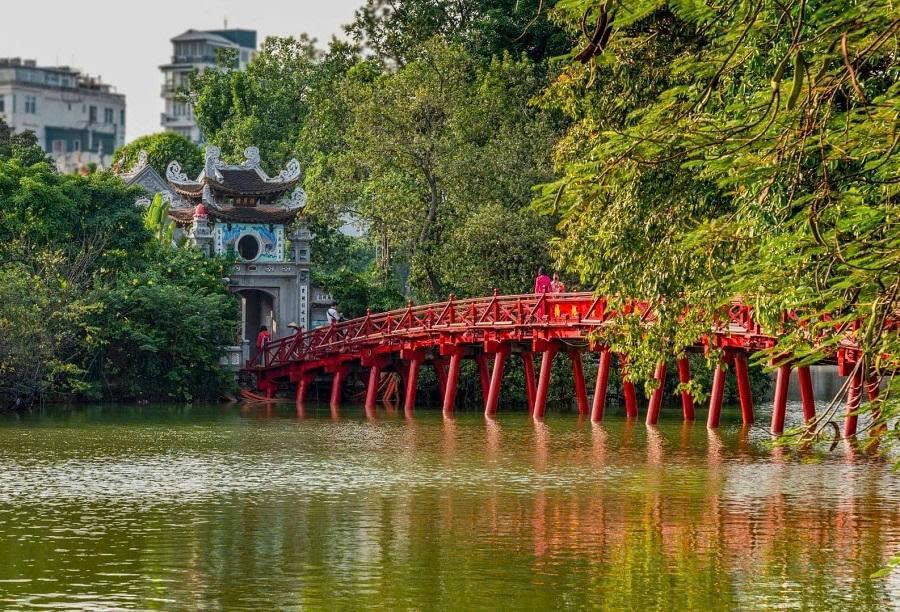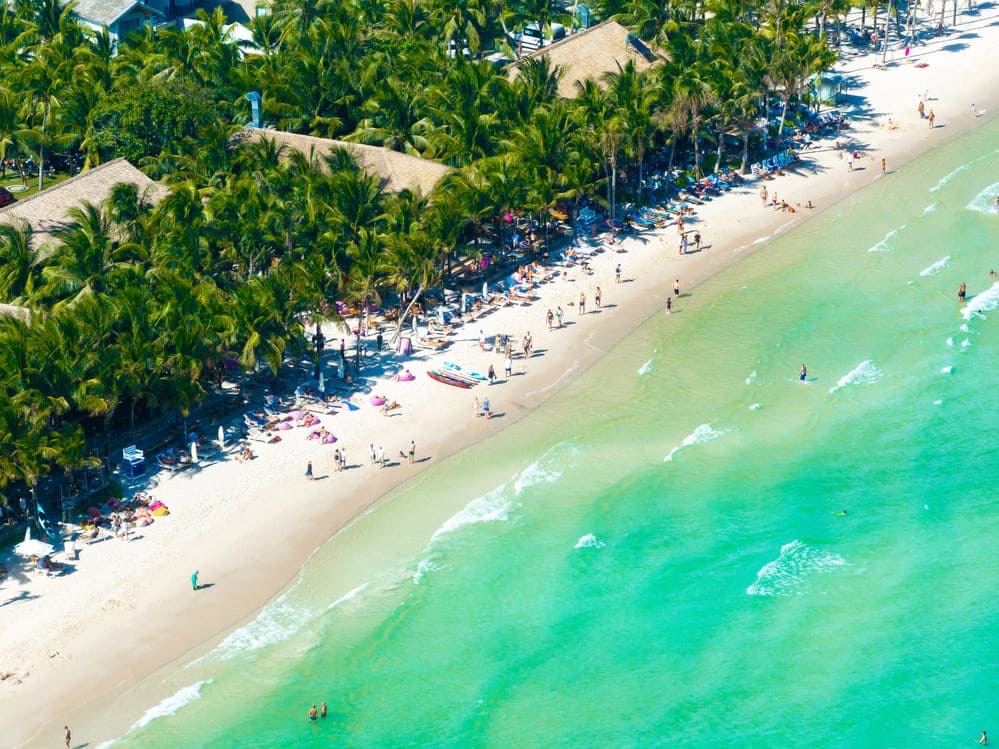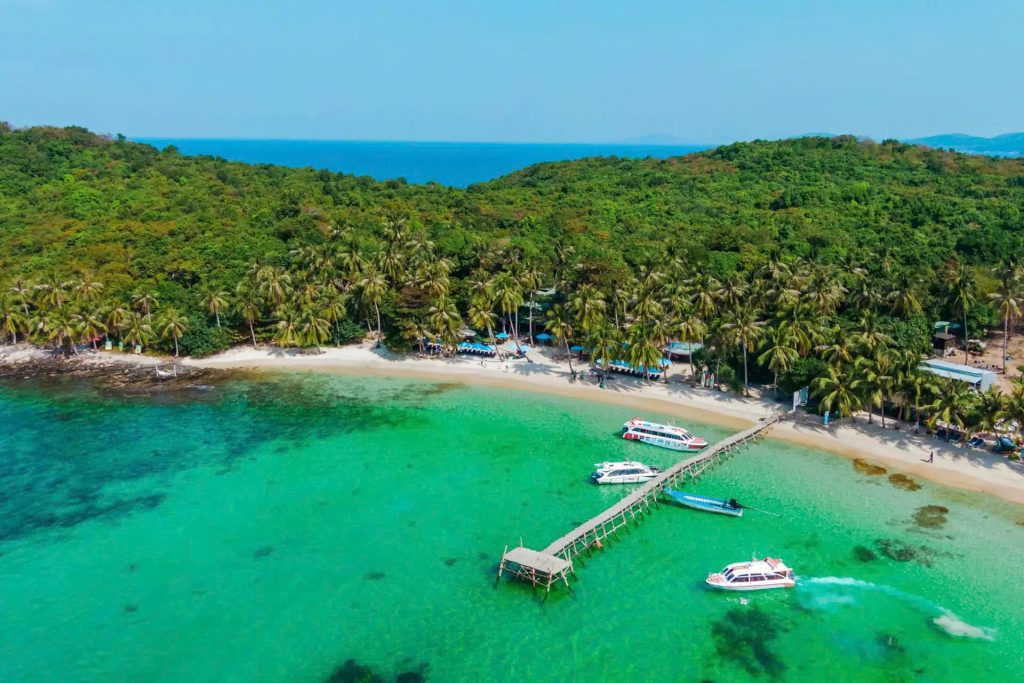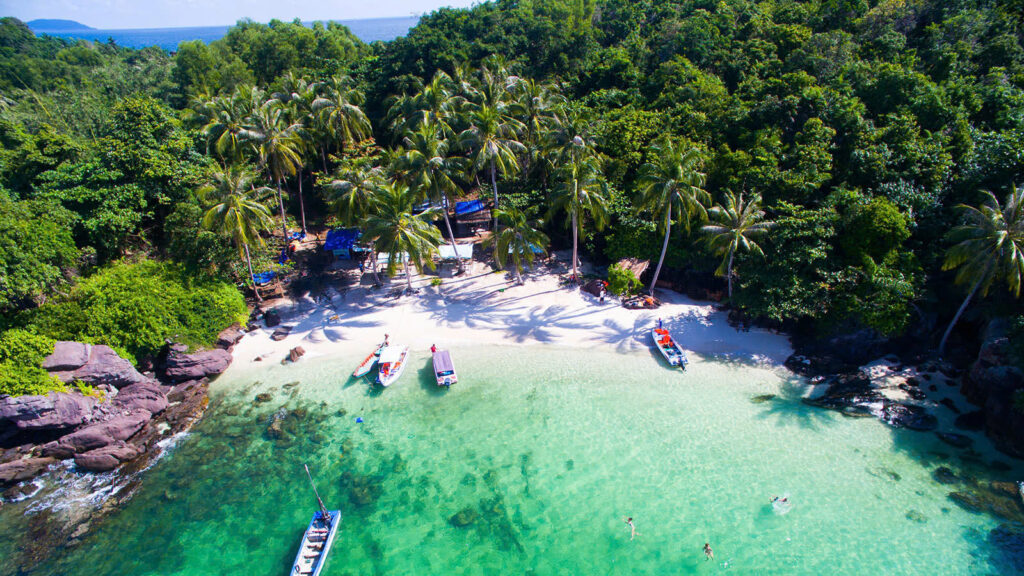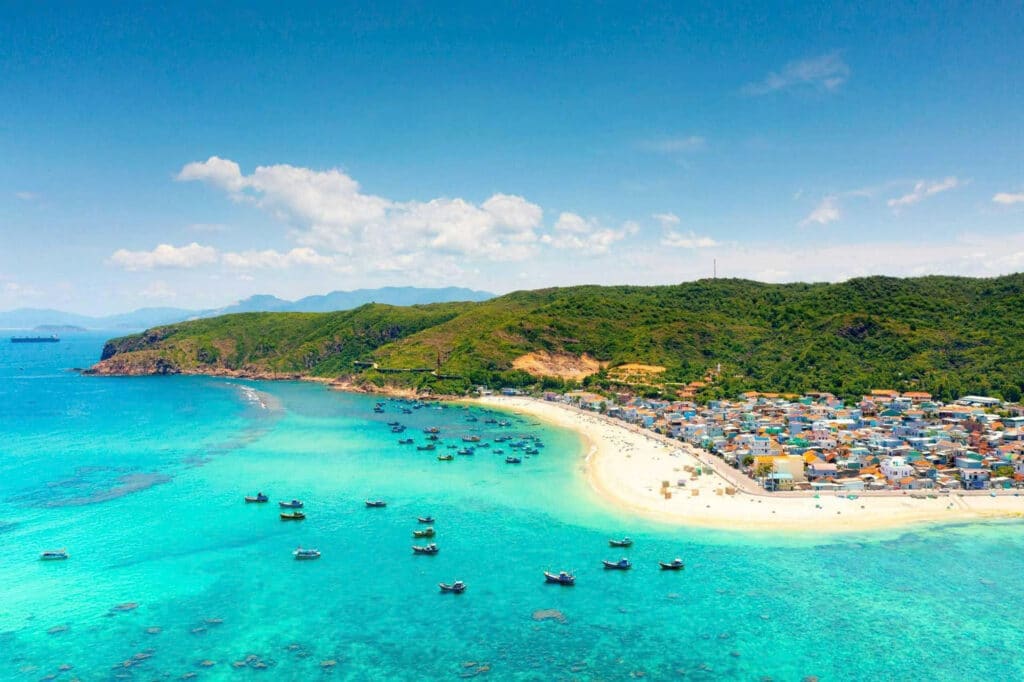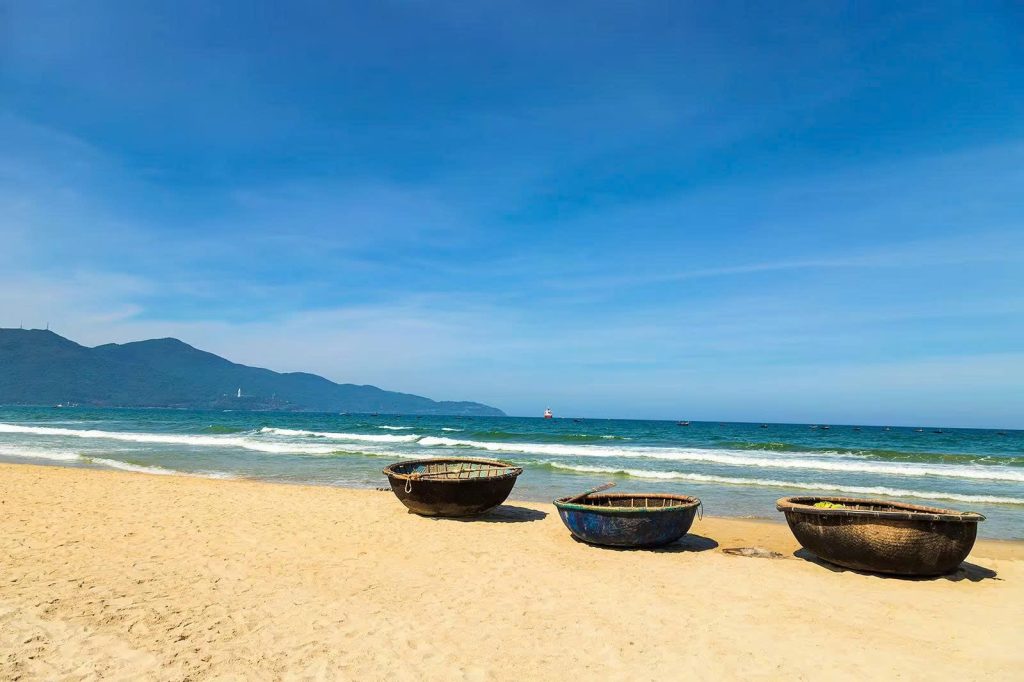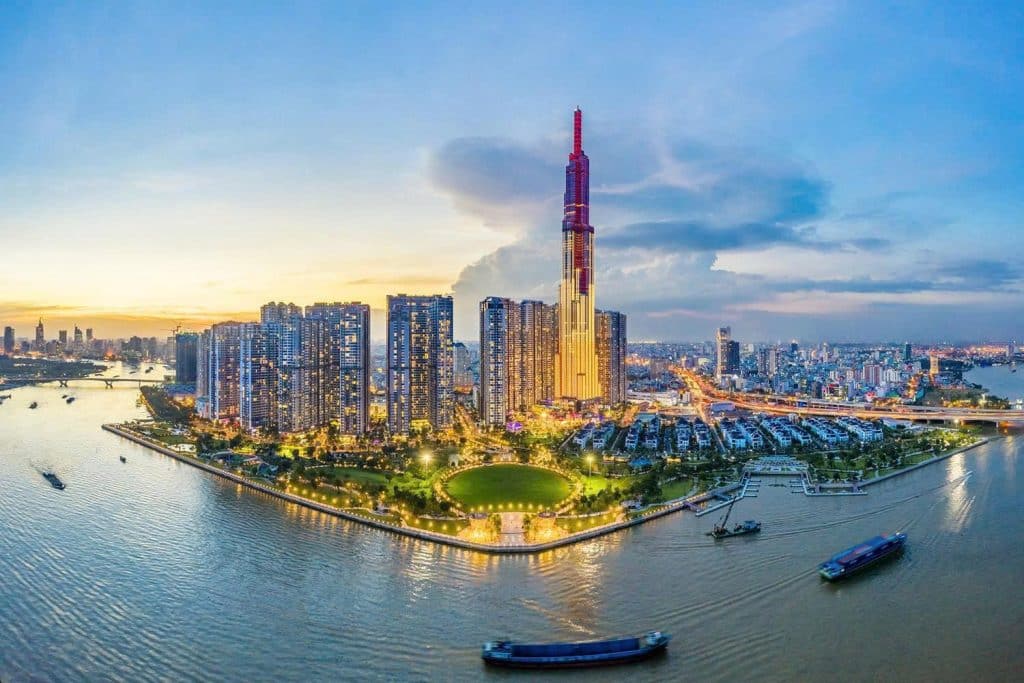Vietnam has emerged as a top destination for digital nomads, thanks to its unique combination of affordable living, rich culture, and beautiful scenery. But what happens when your tourist visa is about to expire and you’re not ready to leave? This guide will walk you through the process of extending your stay, helping you navigate the Vietnamese immigration system with confidence.
Understanding Your Visa Options: Extension vs. Renewal
It’s essential to familiarize yourself with the terminology before you begin the process. There is no official “digital nomad visa” in Vietnam, so you’ll be dealing with standard tourist visa regulations.
- Visa Extension: This is the most common option. An extension allows you to stay in Vietnam for an additional period (typically 15 to 90 days) by getting a new stamp in your passport. It does not provide a new visa sticker. This option is generally faster and less expensive.
- Visa Renewal: This process is more complex and less available. It involves getting an entirely new visa sticker and stamp in your passport, often for a longer duration. As of late, visa renewal services are often paused or unavailable from the Vietnam Immigration Department, so an extension is the most likely path.
The Official Process: How to Extend Your Vietnam Tourist Visa

The process can seem daunting, but it’s manageable if you follow the right steps.
Step 1: Check Your Eligibility and Required Documents
Eligibility for a visa extension requires you to fulfill specific conditions. The documents you’ll need are:
- Your original passport with a remaining validity of at least six months and a minimum of two blank pages.
- A completed visa application form, often referred to as Form NA5. This can be obtained from an immigration office or a reliable visa agency.
- Recent passport-sized photos.
- A copy of your current visa and the entry stamp.
Step 2: Choose Your Application Method
You have two primary options for submitting your application:
1. Do It Yourself (DIY): This involves applying directly at a local office of the Vietnam Immigration Department.
2.Use a Visa Agency: Many expats and digital nomads opt for this method. A reputable visa agency will handle the entire process, from preparing documents to communicating with the authorities, which can save you time and reduce the risk of errors.
Step 3: Visit the Immigration Department

If you’re going the DIY route, you’ll need to visit one of the main immigration offices. The most common locations for digital nomads are:
- Hanoi: 44-46 Tran Phu Street, Ba Dinh District.
- Ho Chi Minh City: 333-335 Nguyen Trai Street, District 1.
- Da Nang: 78 Le Loi Street, Hai Chau District.
Be prepared for potential long queues and be sure to check their working hours (typically Monday to Friday, mornings only).
Step 4: Pay the Fees and Await Processing
The cost for a visa extension varies depending on your nationality, the length of the extension, and whether you use an agency. The processing time is typically between 7 and 10 working days. After submitting your application, you will receive a receipt. You must return to the office on the specified date to collect your passport with the new visa stamp.
RELATED: Tax Implications for Digital Nomads Working Remotely in Vietnam
Practical Tips for Digital Nomads in Vietnam
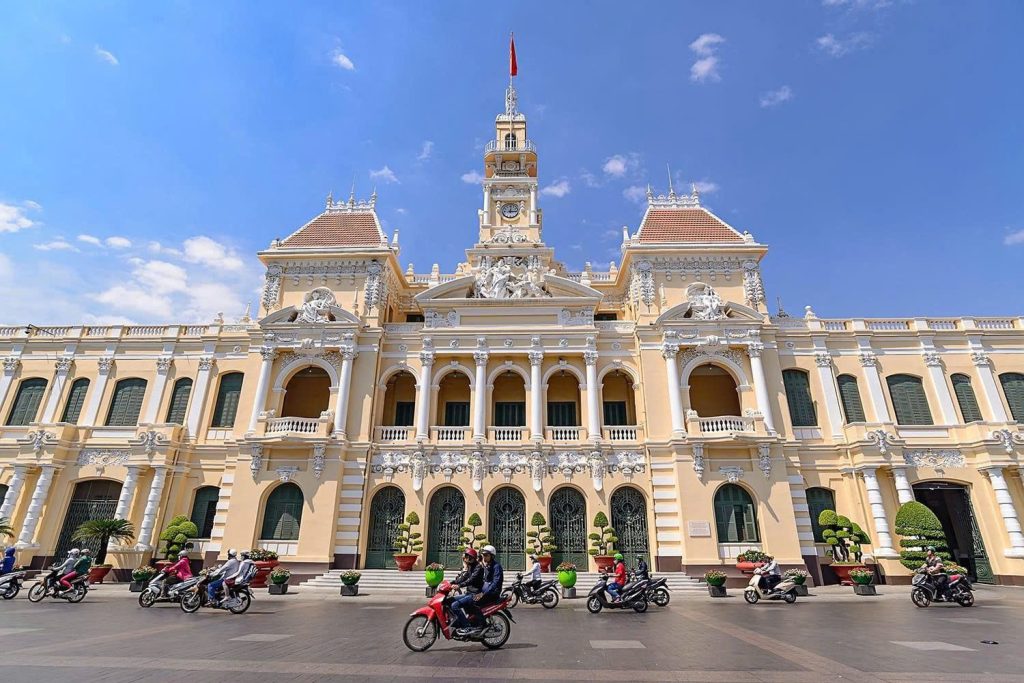
Extending your stay is just the first step. Here’s what you need to know to make your long-term stay as a digital nomad a success.
What to Do if You Cannot Extend Your Visa
There are situations where a tourist visa cannot be extended. In this case, your alternatives include:
Visa Run: Exit Vietnam to a neighboring country (like Laos, Cambodia, or Thailand) and then re-enter with a new e-visa.
- Business Visa: If you have a legitimate business in Vietnam or can get a sponsor letter, a business visa offers a longer-term solution.
Living as a Digital Nomad in Vietnam

- Cost of Living: Vietnam is incredibly affordable. A comfortable lifestyle in major cities can be maintained for around $800 – $1,500 USD per month.
- Internet and Workspaces: High-speed internet is widely available, and cities like Ho Chi Minh City and Da Nang are filled with co-working spaces and laptop-friendly cafes.
- Community: Vibrant expat and digital nomad communities can be found in popular hubs like An Thuong (Da Nang), District 2 (HCMC), and Tay Ho (Hanoi), making it easy to connect with like-minded individuals.
RELATED: Digital Nomad in Vietnam: Best Cities, Costs & Tips
Overstaying your visa in Vietnam is a serious offense that can lead to fines, deportation, and a ban from re-entering the country. Always start the extension process well in advance of your visa’s expiration date. By following the guidelines and being proactive, you can ensure your extended stay in Vietnam is a rewarding and stress-free experience.


